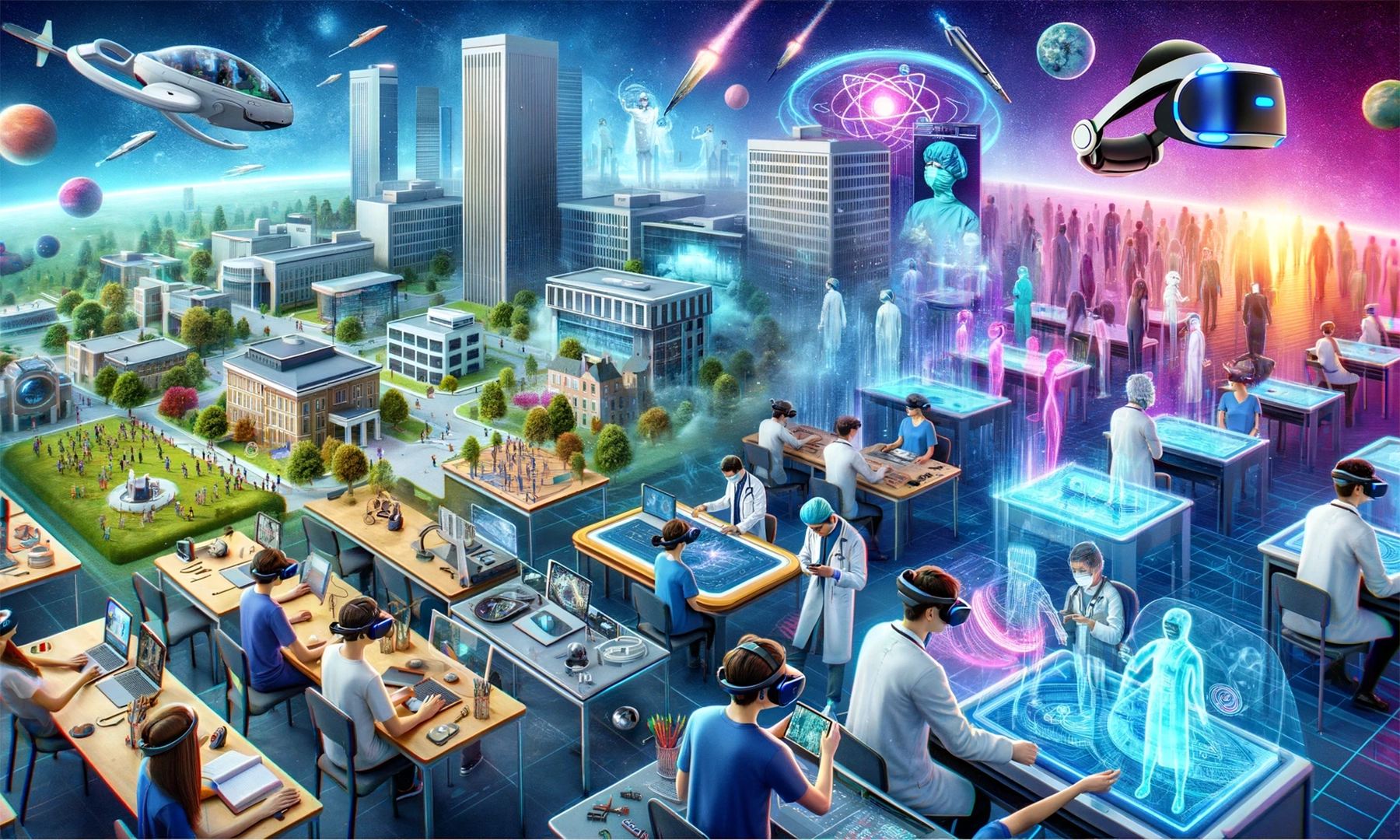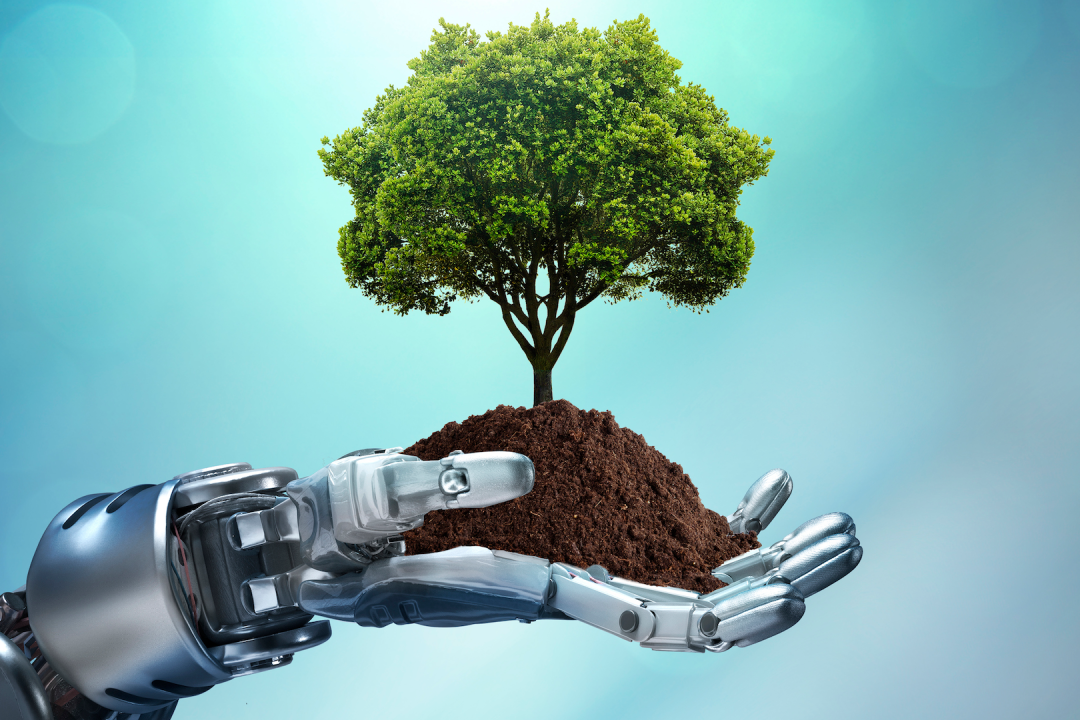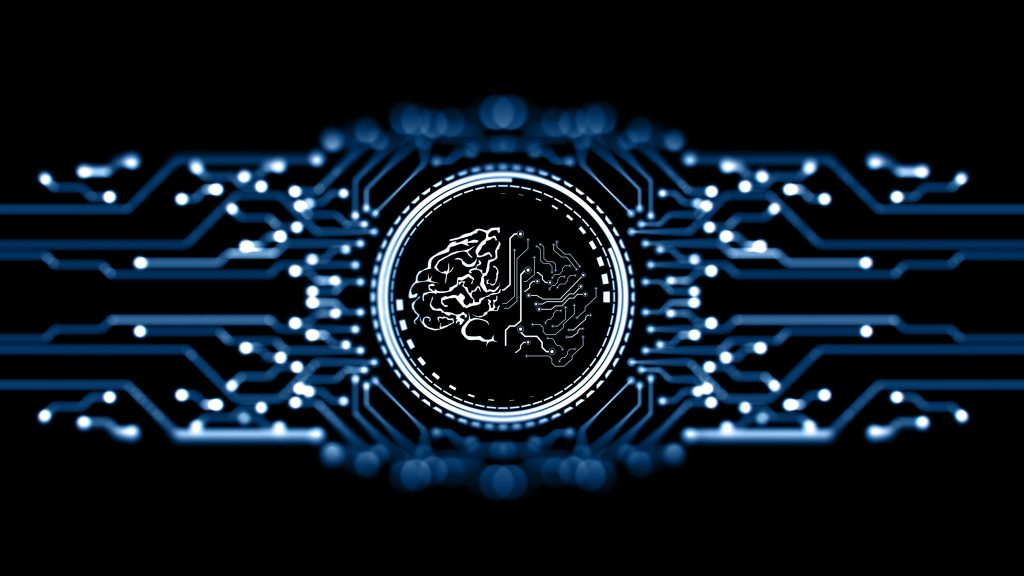Introduction to Biotechnology and its Impact on Healthcare

Biotechnology is revolutionizing the landscape of healthcare, reshaping how we approach diagnosis, treatment, and prevention. With innovations emerging at a breakneck pace, the possibilities seem endless. Imagine therapies that can edit genes to eliminate diseases before they manifest or wearable devices that continuously monitor health metrics with unparalleled precision.
As we explore these groundbreaking advancements in biotechnology, it’s clear that this field holds immense potential for enhancing patient care and improving outcomes. The fusion of science and technology brings forth an era where personalized medicine becomes the norm rather than the exception. Step into a world where your treatment plan is tailored just for you—a concept once thought to be purely science fiction.
Join us as we uncover key breakthroughs driving this transformation in healthcare and delve into how these innovations are set to redefine our understanding of health itself.
Breakthroughs in Gene Therapy
Gene therapy has transformed the landscape of medical interventions. This innovative approach allows for the correction of genetic disorders by targeting the root cause at a molecular level.
Recent breakthroughs have made it possible to treat conditions like cystic fibrosis and sickle cell disease more effectively. Researchers are now able to deliver healthy copies of genes directly into patients’ cells, offering new hope where traditional therapies fall short.
One remarkable example is CAR-T cell therapy, which re-engineers a patient’s immune cells to better attack cancers. This method has shown promising results in treating certain blood cancers, demonstrating tangible improvements in survival rates.
As technology advances, the potential applications expand. Scientists are exploring gene editing techniques such as CRISPR to address not only inherited diseases but also complex conditions like diabetes and heart disease. The future holds exciting possibilities as we unravel more about our genetic makeup and its implications for personalized healthcare solutions.
Advancements in Cell-Based Therapies
Cell-based therapies are revolutionizing the landscape of healthcare. These innovative treatments utilize living cells to repair, replace, or regenerate damaged tissues and organs.
One prominent example is stem cell therapy. It harnesses the unique ability of stem cells to differentiate into various cell types. This offers hope for conditions like spinal cord injuries and degenerative diseases.
Another exciting avenue is CAR-T cell therapy. It modifies a patient’s immune cells to better target cancer cells effectively. The results have been promising, especially in treating specific blood cancers.
Tissue engineering also plays a crucial role in this field. Scientists are developing bioengineered tissues that can potentially restore function in injured areas or even create whole organs for transplantation.
The potential applications seem limitless as researchers continue exploring new cellular mechanisms and interactions within the human body. Each advancement brings us closer to transformative solutions in healthcare.
Precision Medicine and Personalized Treatment Plans
Precision medicine is revolutionizing the way we approach healthcare. It tailors treatment plans to individual patients based on their genetic makeup, environment, and lifestyle.
This personalized strategy allows for more effective therapies. Instead of a one-size-fits-all model, doctors can now target specific pathways that drive diseases in each patient.
For example, cancer treatments are becoming increasingly customized. Oncologists can identify mutations within a tumor and select drugs that specifically attack those flaws.
Moreover, precision medicine extends beyond oncology. Conditions like diabetes and heart disease also benefit from targeted approaches. By understanding unique biomarkers, physicians can optimize interventions for better outcomes.
The integration of genomics into routine care is reshaping clinical practices. Patients feel empowered as their voices guide treatment decisions tailored just for them. This shift fosters stronger relationships between healthcare providers and individuals seeking optimal care.
The Role of Artificial Intelligence in Healthcare
Artificial intelligence is revolutionizing healthcare in remarkable ways. Algorithms now analyze vast amounts of medical data, uncovering patterns that human eyes may miss. This capability enhances diagnostics and speeds up decision-making.
AI tools assist radiologists in interpreting images with unprecedented accuracy. They flag anomalies early, enabling timely interventions that can save lives.
Predictive analytics also play a crucial role. By assessing patient history and lifestyle factors, AI predicts potential health issues before they arise. This proactive approach shifts the focus from treatment to prevention.
In addition to improving clinical outcomes, AI streamlines administrative tasks like scheduling and billing. Healthcare professionals spend less time on paperwork and more on patient care.
As technology continues to evolve, its integration into everyday practices holds immense promise for enhancing efficiency and overall patient experience within the healthcare system.
Bioelectronics and Wearable Technology in Patient Care
Bioelectronics and wearable technology are transforming patient care in exciting ways. These innovations empower individuals to monitor their health from the comfort of home.
Wearable devices like smartwatches track vital signs, providing real-time data on heart rate, activity levels, and even sleep patterns. This information can alert both patients and healthcare providers to potential issues before they escalate.
Additionally, bioelectronic implants are proving revolutionary for chronic conditions. Devices that stimulate nerves or regulate hormones offer new avenues for treatment without invasive procedures.
The integration of these technologies into daily life fosters a proactive approach to health management. Patients engage more actively with their healthcare journey, leading to improved outcomes and enhanced quality of life.
As these advancements continue to evolve, the potential for personalized care grows exponentially. The future looks promising as we embrace this intersection of technology and medicine.
Ethical Considerations and Challenges
As biotechnology advances, ethical considerations become increasingly crucial. The potential to edit genes or manipulate cells raises questions about consent and the boundaries of human enhancement.
One major concern is ensuring that patients fully understand the implications of treatments like gene therapy. Many may not grasp the long-term effects on their health or future generations.
Equity in access presents another challenge. If groundbreaking therapies are costly, only a select few might benefit, widening healthcare disparities.
Additionally, there’s the risk of misuse in areas like genetic modification for non-medical traits. This could lead to societal pressures around “designer” genetics that conflict with natural diversity.
Navigating these issues requires ongoing dialogue among scientists, ethicists, and policymakers. It’s essential to establish frameworks that prioritize patient welfare while fostering innovation responsibly.
Future Possibilities and Potential Impacts on Society
The future of biotech innovations holds immense promise. As technologies evolve, the potential for breakthroughs that enhance healthcare is limitless. Imagine a world where diseases are swiftly diagnosed through advanced gene-editing techniques and personalized treatments are tailored to our unique genetic makeup.
Remote monitoring through wearables could transform patient care. Continuous data collection allows healthcare providers to intervene before crises arise, promoting preventive care instead of reactive measures.
Ethical frameworks will be essential as we navigate these advancements. Society must grapple with questions about access and equity. Will everyone benefit from these innovations?
Furthermore, integrating AI into healthcare can streamline processes but raises concerns about job displacement in medical professions. Balancing technological progress with human touch ensures compassion remains at the core of treatment.
As biotechnology advances, it may redefine not just health outcomes but also societal values and norms surrounding wellness and disease management.
Conclusion
The world of healthcare is undergoing a transformative change, largely driven by biotechnology innovations. As we explore the advancements in gene therapy and cell-based therapies, we see a future where diseases once thought incurable can be addressed more effectively.
Precision medicine offers tailored treatment plans based on individual genetic profiles. This approach fosters hope for more efficient outcomes and minimal side effects. Meanwhile, artificial intelligence is revolutionizing diagnostics and patient management, enabling quicker decision-making processes.
Bioelectronics and wearable technologies are enhancing patient care by providing real-time monitoring. These devices empower individuals to take charge of their health like never before.
However, navigating the ethical considerations that accompany these advancements remains essential. Balancing innovation with responsibility will ensure that technology serves humanity positively.
As we look ahead, the possibilities seem limitless. The potential impacts on society could redefine our understanding of health and wellness profoundly. Embracing these changes may lead us toward a healthier future for everyone involved in the healthcare journey.









